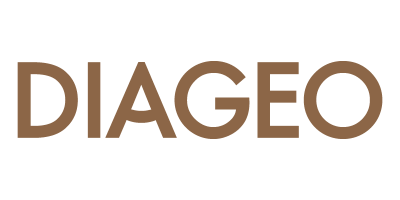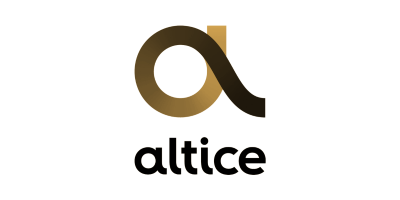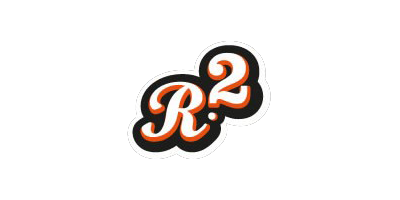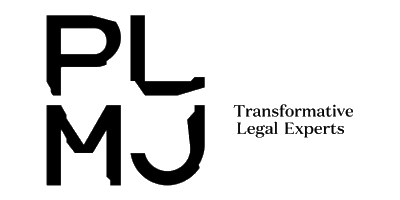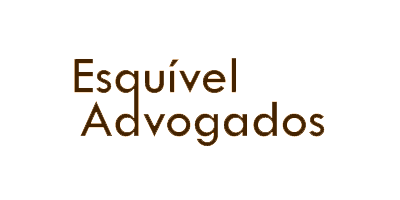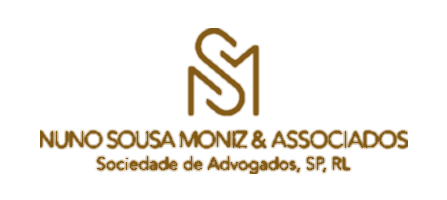At Upwords, we want to help businesses that are expanding abroad. And we know that when you take your business to other countries, it’s important you speak to your foreign partners and prospects in their own language. We also know how tricky it can be to translate your content. So, that’s what we want to do for you.
How do we go about it? We look at the larger picture. Because in fact, translation is only one part of adapting your content to a foreign country. Translation is part of a larger process called localization — which means adapting all of your content (instead of only your text) to a specific locality.
Now you may be asking yourself what else, besides translation, does localization include. So let’s have a look at some of the most common ways you can carry out content localization, adapting your content to another country, another culture, and another language.
1) Measurements and dates
Maybe your original website shows your products’ measurements in inches and feet, but your foreign audience uses centimeters and meters instead. Or you display dates in the month/day/year format, but in the country you are moving to people use the day/month/year format. If you localize these elements, you will avoid ending up with unhappy customers who bought the wrong product size, or who received their product on 11/10 instead of 10/11.
2) Currency
Transparency is key to attracting and keeping customers. No one likes to see prices in a foreign currency, mistake them for their own currency — and end up with an impossibly expensive shopping cart that they will abandon right away. When you show your customers prices and shipping rates in their own currency, you make sure there won’t be any unpleasant surprises for them during the checkout process.
3) Payment methods
It’s so frustrating to carefully pick all those items, add them to your shopping cart, initiate the checkout process — and realize you can’t pay with your debit card, as you always do when shopping online. You don’t want your new foreign customers to go through this, so take care to make it possible for them to pay with the payment methods that are most popular in their country.
4) Seasons and holidays
What use is showing winter clothes on your homepage, when your foreign audience is sweating through a 35°C summer? Or offering them special Thanksgiving products when they don’t celebrate Thanksgiving? You have to show your audience you know what their needs are, and want to cater for them, so remember to take into account differences in seasons and national holidays when you do your website localization.
5) Colors
Does orange mean the same thing in Ireland and India? What colors are considered good for a homeware website in Japan? These perceptions can vary a lot from country to country, and they do influence buyers’ behaviour, so colour is certainly another element you will do well to localize.
6) Physical types and clothing
Photos of Nordic-looking models look displaced in Latin American stores. And if you want to sell in Madagascar, your audience will relate more to Malagasy models than Breton ones. Unless foreign-ness is an integral part of your brand image, take care to localize your publicity to the ethnic types and clothing styles of your target audience.
7) Cultural references
This MySwitzerland ad only works for people who know Roger Federer and Robert De Niro. And if you are neither British, nor a Tom Hiddleston fan, nor know your Shakespeare, you probably won’t be particularly inspired by this Jaguar commercial. If your website or your ads include national cultural references – songs, literature, artists, places, habits and so on – do your best to adapt them, and use cultural references that will be understood and appreciated by your foreign audience.
8) Other elements
Did you know that in Myanmar, most people have no family names, so it’s useless to have a mandatory “last name” field in your checkout form? Now you do. And you can probably imagine that in the Baltic countries, few people are keen to see the Russian language option of a website represented by a Russian flag – RU is the way to go. There are many more elements like these, that you can and should localize.
Right, but how do you figure out all these things? How do you find out what communication elements should be localized to a foreign country and culture?
The truth is, there are many cultural elements that only a local will be able to identify and localize. And this is why at Upwords we work with locals – native professionals living in their countries, who know exactly what sounds and looks natural and familiar to the people around them.
If you need a translation company, we’re here for you. As a one-stop-shop provider of translation services, we’ll not only translate your verbal content, but also localize all other elements of your website, your ads, commercials, and elearning material.
We’ll help you connect with your foreign customers and partners by speaking their language on all levels.










